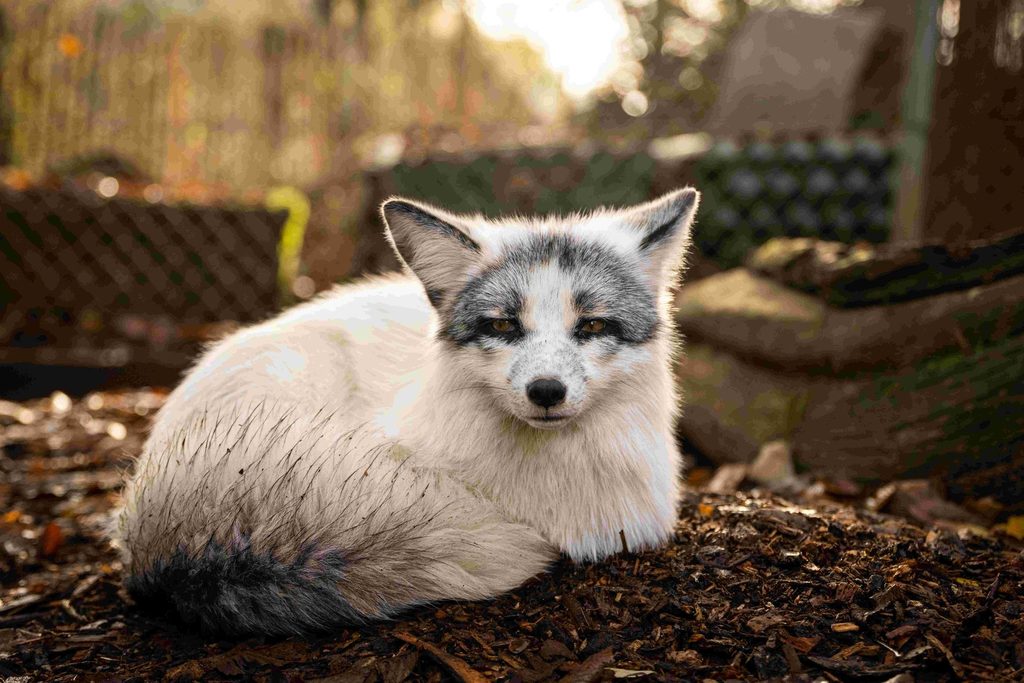The European Citizens Initiative for a Fur Free Europe was officially closed on Wednesday after one year of campaigning reaching over 1,5 million of valid signatures in 18 EU member states.
This marked the 10th successful European Citizens Initiative (ECI) since the tool for participative democracy was launched in 2012. Seven out of the ten ECIs have been dedicated to animal welfare issues which reflects the wide-spread public opinion for improvement in this EU policy area.
FOUR PAWS, an animal welfare NGO, recalled that it had been founded thirty-five years ago on the basis of banning fur farms in Austria. “Now the rest of the EU is catching up to the very cause we started upon,” commented CEO Josef Pfabigan. “For us at FOUR PAWS this is a historic moment and a proud day for our organisation as well as the animal welfare community across Europe.”
Fur Free Europe calls on the EU to ban fur farming and the placement of farmed fur products on the market once and for all. It represents the most successful ECI for animal welfare, while being the third most successful overall.
When the ECI was launched in May 2022, several reasons for a ban on fur farming were listed by animal welfare NGOs.
The complex behavioral needs of wild animals cannot be met in fur farms. Furthermore, fur farms pose a risk to animal and human health, as proved during the COVID-19 pandemic, when hundreds of mink farms were affected by coronavirus outbreaks, and new variants of the virus were transmitted from animals to humans.
Recent concerns regarding the outbreak of avian influenza on a mink farm in Spain provide also evidence that the H5N1 strain of flu may spread from one infected mammal to another.
Fur farming has also significant environmental impact since the dressing and dyeing of fur involves the use of toxic chemicals. The fur industry also poses a serious threat to native biodiversity, with some farmed species, which escaped from fur farms and now are considered invasive alien species causing adverse impacts on European native wildlife.
To date, 19 EU member states have totally or partially banned or strictly regulated fur farming, sometimes with phasing-out periods. The most recent country to join the list was Latvia, with a phase-out period until 2028. Proposed legislation to ban fur farming is currently being considered in Lithuania, Poland and Romania.
Available data show that fur farming is concentrated in some EU countries, such as Sweden, Finland and Poland. These countries figured also among the countries with the biggest numbers of ECI signatures. Germany was at the top of the list with over a half million signatures.
The ECI goes further than most member states in calling not only for a ban on fur farming but also on a ban on the placing and marketing of farmed fur products in the European market. Information about all bans can be found here. Some cities and states in the US have also banned new fur sales. In 2021, Israel became the world’s first country to prohibit the sale of fur.
The ECI organisers will now meet with the European Commission and then attend a public hearing at the European Parliament, after which the European Commission has to publicly respond to the initiative, before the end of the year. According to Eurogroup for Animals, the NGO which together with other NGOs that supported the ECI, there is encouraging support from the Parliament for a fur ban.
“The overwhelming public support to this initiative has made one thing clear: fur must become a thing of the past,” commented Reineke Hameleers, CEO of Eurogroup for Animals. “We are so proud to have achieved yet another step towards ending this cruel and unnecessary practice and now we call on the EC to use the new animal welfare legislation to make the wish of European citizens come true.”
M. Apelblat
The Brussels Times

